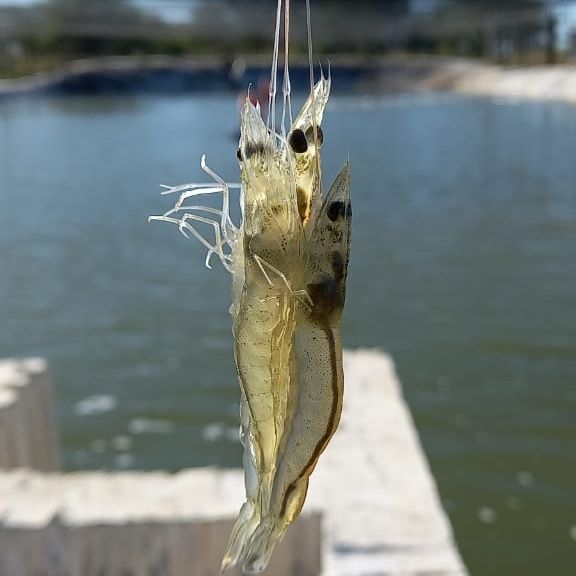SCI Article | Bile acids on white shrimp (Litopenaeus vannamei)

Abstract
Effects of dietary bile acids on the growth performance, lipid metabolism, non-specific immunity and intestinal microbiota of Pacific white shrimp (Litopenaeus vannamei) were studied. Five diets were formulated to contain 0, 0.1, 0.2, 0.3 and 0.5 g kg−1 (control, BA1, BA2, BA3 and BA4) of bile acids, respectively. Shrimp (1.09 ± 0.04 g) were assigned randomly to 15 tanks (400 L, three tanks in each group, 60 shrimp in each tank) for 60 days. Results indicated that BA2 group had the highest final weight and weight gain. The contents of triglyceride decreased significantly with increasing bile acids level (p <.05). The contents of high-density lipoprotein and glutathione, total antioxidant capacity as well as protease, lipase and superoxide dismutase activities in BA2-4 groups increased significantly (p < .05). Additionally, bile acids enhance the immune response of shrimp through NF-κB-mediated signalling pathway and 0.5g kg−1 bile acids could cause oxidative damage to shrimp. High-throughput sequencing analysis revealed that the intestinal microbiota diversity and richness were signifi-cantly altered by bile acids, and functional genes associated with metabolism and bile acids biotransformation were strongly activated in BA2 and BA4 groups. Together, we recommend the shrimp diet supplemented with bile acids at the level of 0.2 g kg-1 .
KEYWORDS
bile acids, growth performance, intestinalmicrobiota, lipid metabolism, Litopenaeus vannamei, non-specific immunity




